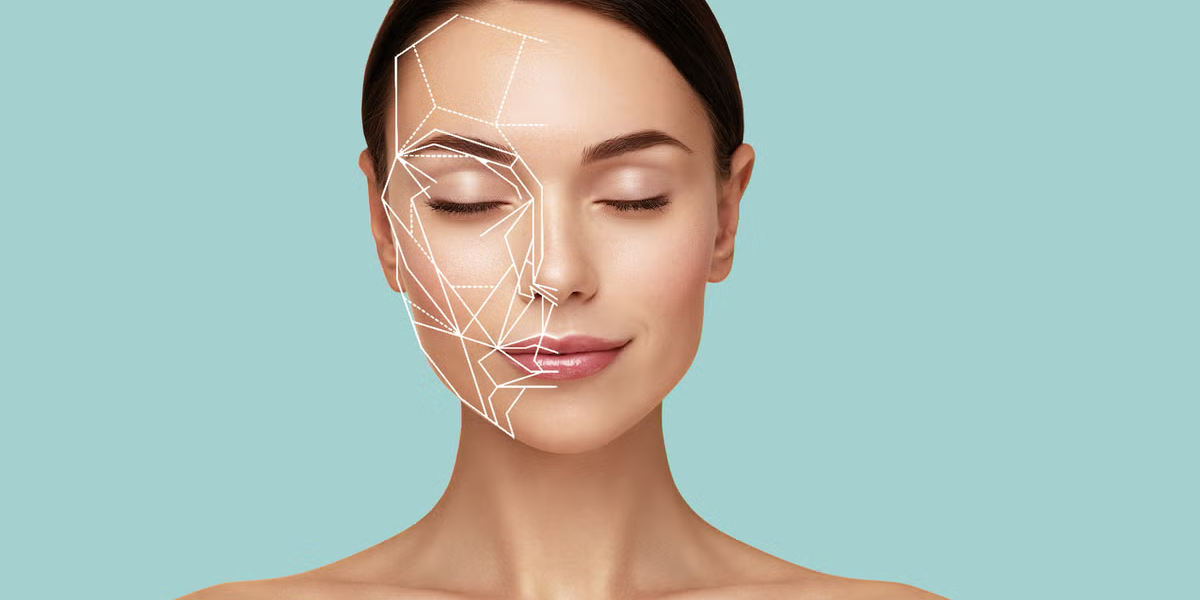Facial symmetry, the balanced proportions of facial features, plays a significant role in perception and aesthetics. This article explores the importance of facial symmetry, how it is perceived, the impact of facial asymmetry, and the role of cosmetic procedures in restoring symmetry.
Facial Symmetry: Definition and Importance
Facial symmetry refers to the alignment and balance of facial features, including eyes, nose, mouth, and ears. It is considered a key element of facial attractiveness and is often associated with good health and genetic fitness.
Perception of Facial Symmetry
Research suggests that humans are naturally attracted to symmetrical faces. Symmetry is often perceived as a sign of beauty, health, and genetic fitness, influencing social perceptions and mate selection.
Impact of Facial Asymmetry
Facial asymmetry, or the lack of perfect symmetry, can impact self-esteem and confidence. Individuals with noticeable asymmetry may feel self-conscious and may seek cosmetic procedures to improve their appearance.
Causes of Facial Asymmetry
Facial asymmetry can be caused by various factors, including genetics, developmental issues, trauma, and aging. While some asymmetry is natural and adds character to the face, significant asymmetry can be a source of concern for some individuals.
Role of Cosmetic Procedures in Restoring Facial Symmetry
Cosmetic procedures offer solutions for individuals seeking to correct facial asymmetry. These procedures can range from minimally invasive treatments, such as injectables and fillers, to surgical interventions, such as rhinoplasty and facial implants.
Common Cosmetic Procedures for Facial Symmetry
- Rhinoplasty: Corrects the shape and size of the nose to improve overall facial balance.
- Cheek Augmentation: Enhances cheek volume to create symmetry and definition.
- Jaw Contouring: Reshapes the jawline for a more balanced facial profile.
- Botox and Fillers: To regain symmetry, treat wrinkles, fine lines, and volume loss.
- Facelift: Tightens sagging skin and muscles to create a more youthful appearance.
Benefits and Risks of Cosmetic Procedures
Cosmetic procedures can significantly improve facial symmetry and enhance overall appearance, leading to increased confidence and self-esteem. However, like any medical procedure, they carry risks, including infection, scarring, and dissatisfaction with results.
Choosing the Right Cosmetic Procedure
To choose the best treatment for obtaining facial symmetry, it is imperative to consult with a board-certified cosmetic surgeon. A thorough evaluation of facial features and a discussion of goals and expectations will help guide the decision-making process.
Summary
Facial symmetry is a key aspect of facial attractiveness, influencing how we perceive others and ourselves. It is often associated with beauty, health, and genetic fitness, making it an important consideration in aesthetics. However, facial asymmetry is common and can impact self-esteem and confidence.
Cosmetic procedures offer effective solutions for individuals seeking to correct facial asymmetry. From minimally invasive treatments to surgical interventions, these procedures can significantly improve facial symmetry and enhance overall appearance. However, it is essential to consult with a board-certified cosmetic surgeon to choose the most appropriate treatment based on individual goals and expectations.
IICAD Academy Bangalore plays a crucial role in educating and training cosmetic professionals in the latest techniques and technologies. By providing comprehensive training programs, IICAD Academy equips professionals with the skills and knowledge needed to deliver safe and effective cosmetic procedures, including those aimed at restoring facial symmetry.
Through a combination of education, training, and expertise, IICAD Academy contributes to the advancement of cosmetic procedures, ensuring that individuals have access to high-quality care that can enhance their confidence and quality of life.

